What Can Charlie Kirk’s Assassination Teach Us As We Remember 9/11?
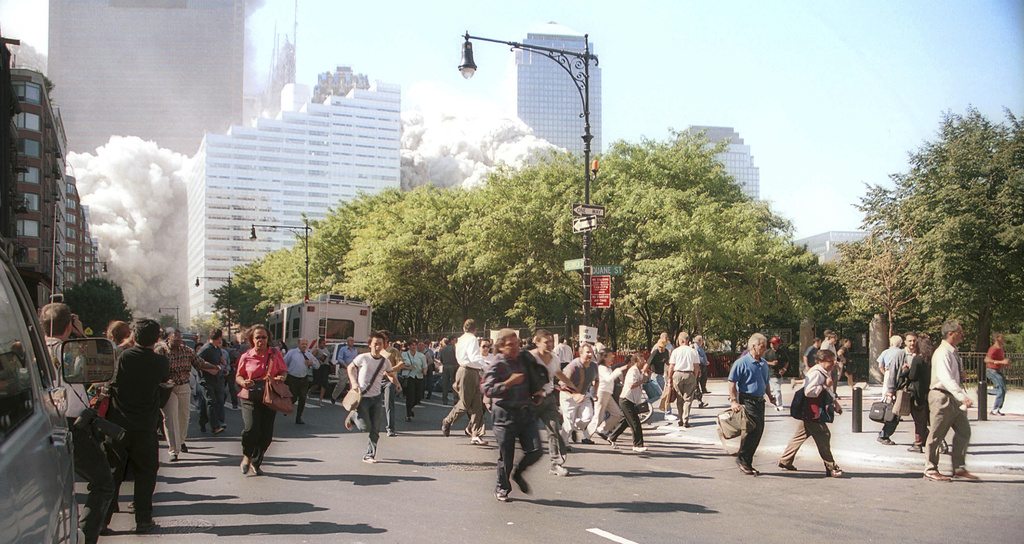
(AP/NYC)
9/11 is a day for somber reflection and unity. The political assassination of Charlie Kirk is a vivid reminder of a moment I’ve never shared before, but one that feels timely.
The scale of those attacks — the loss, the horror, the trauma — was unmatched in modern American life. Nothing else compares. But the way we initially reacted then can hopefully teach us something today.
It’s easy to forget that in September 2001, America was also bitterly divided. The 2000 election had torn the country in half. President George W. Bush’s first year in office was defined by suspicion, resentment, and partisan rancor. And then, in an instant, all of that seemed to fall away.
After the attacks, our first instinct wasn’t to assign blame or retreat into political corners. It was to come together. That unity didn’t last forever, of course — it rarely does in a democracy — but in the days and weeks after September 11th, Americans showed a grace toward one another that we should also memorialize.
I rarely talk about 9/11 because I’ve come to loathe the way it’s been exploited by politicians and charlatans who have used it for personal gain. I lived in the West Village at the time. On the morning of 9/11, I was in my third week at a new job, and like so many New Yorkers, I remember the shock, the fear, and the long walk home after work had been canceled (subways were shut down) past men and women trudging up to Grand Central, covered in the dust of the collapsed towers.
Like many New Yorkers, I didn’t know what to do with myself that afternoon, so I went to a local bar, Tavern on Jane, and found a community of barflies commiserating the massive tragedy that occurred a mile south of us. It was shockingly good spirited, and a lovely distraction that provided a much needed sense of community that I followed by attending an improvised candlelight vigil at Washington Square Park hours later.
But the moment that truly stayed with me happened the next day, on September 12th. The city was still paralyzed, most of us unsure of what to do. I tried to donate blood after taking a bus uptown at Columbia Presbyterian, but they told me they had more than enough. There was nothing for me to do but wait. Then a friend called, urging me to come down to the West Side Highway.
When I got there, I saw a convoy of fire trucks, heavy machinery, and construction crews rolling toward Ground Zero. These weren’t just first responders. They were volunteers — ordinary Americans who dropped whatever they were doing to help with the rescue and recovery effort. They weren’t asked. They weren’t ordered. They just showed up, literally putting their lives at risk only because it was the right thing to do.
And those of us standing on the sidewalk, maybe a hundred or so New Yorkers, started clapping. Without planning or coordination, we applauded strangers heading downtown into the smoke and rubble. It was spontaneous and pure. We didn’t care about politics, identity, or status. We just felt the immediate need to cheer them on. It was the very least we could do.
Looking back, what strikes me is how the crowd was as diverse as New York itself. This was before the Meat Packing District became the gentrified and soulless hellhole it is now. Blue-collar workers. Artists. Drag queens. Hedge funders. Hipsters. A cultural mosaic thrown together by tragedy. And for that brief moment, we were all the same: citizens united in grief, hope, and pride.
“Hero Highway” is what that phenomenon has come to be called, but it’s been largely been forgotten, sadly. But that memory has been with me all day as I think about the death of Charlie Kirk. Again, to be clear I’m not saying his death is anything like 9/11. But it is an act of political violence, and it tests us differently.
Do we treat it as just another chance for partisan combat? Or can we, for once, step back, take a breath, and see each other’s basic humanity. I fear I know the answer, but its worth a shot to remind us of our better angels.
If we want to unify, then we must actively seek it out. We’re not going to find it by looking at a TV. And we’re especially not going to see it on social media. We’ve got to get out and be in among communities. Be with our friends and neighbors. It’s a strange thing for someone in my profession to say, but some days, we’re not meant to be sitting in front of a television or staring at our phones.
The reflexive rush to use Kirk’s death as a partisan weapon says more about us than it does about him. At best, it reflects our worst instincts. At worst, it eats away at the very fabric of our shared life together. A life was taken because of politics. That fact alone should give us pause. It should remind us that behind every argument, every ideology, every grievance, there are people — with families, with friends, with lives worth living.
We don’t have to agree. We don’t have to abandon conviction. But we can pause. We can set down our rhetorical arms long enough to remember that we share the same country, the same experiment, the same planet.
The volunteers I saw on the West Side Highway showed me that kind of generosity of spirit, even in the darkest hours. If we can’t return to that place, the least we can do is remember it — and let it guide us toward something better.
This is an opinion piece. The views expressed in this article are those of just the author.
New: The Mediaite One-Sheet "Newsletter of Newsletters"
Your daily summary and analysis of what the many, many media newsletters are saying and reporting. Subscribe now!
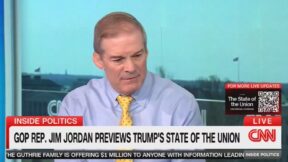
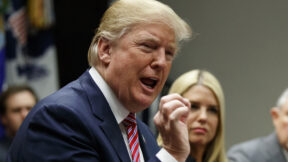
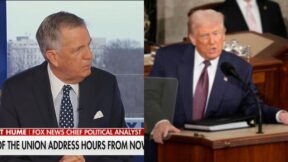
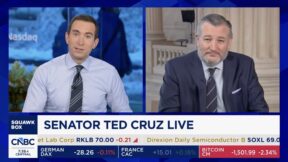
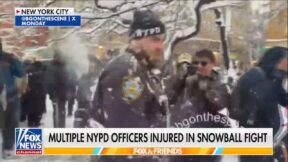

Comments
↓ Scroll down for comments ↓